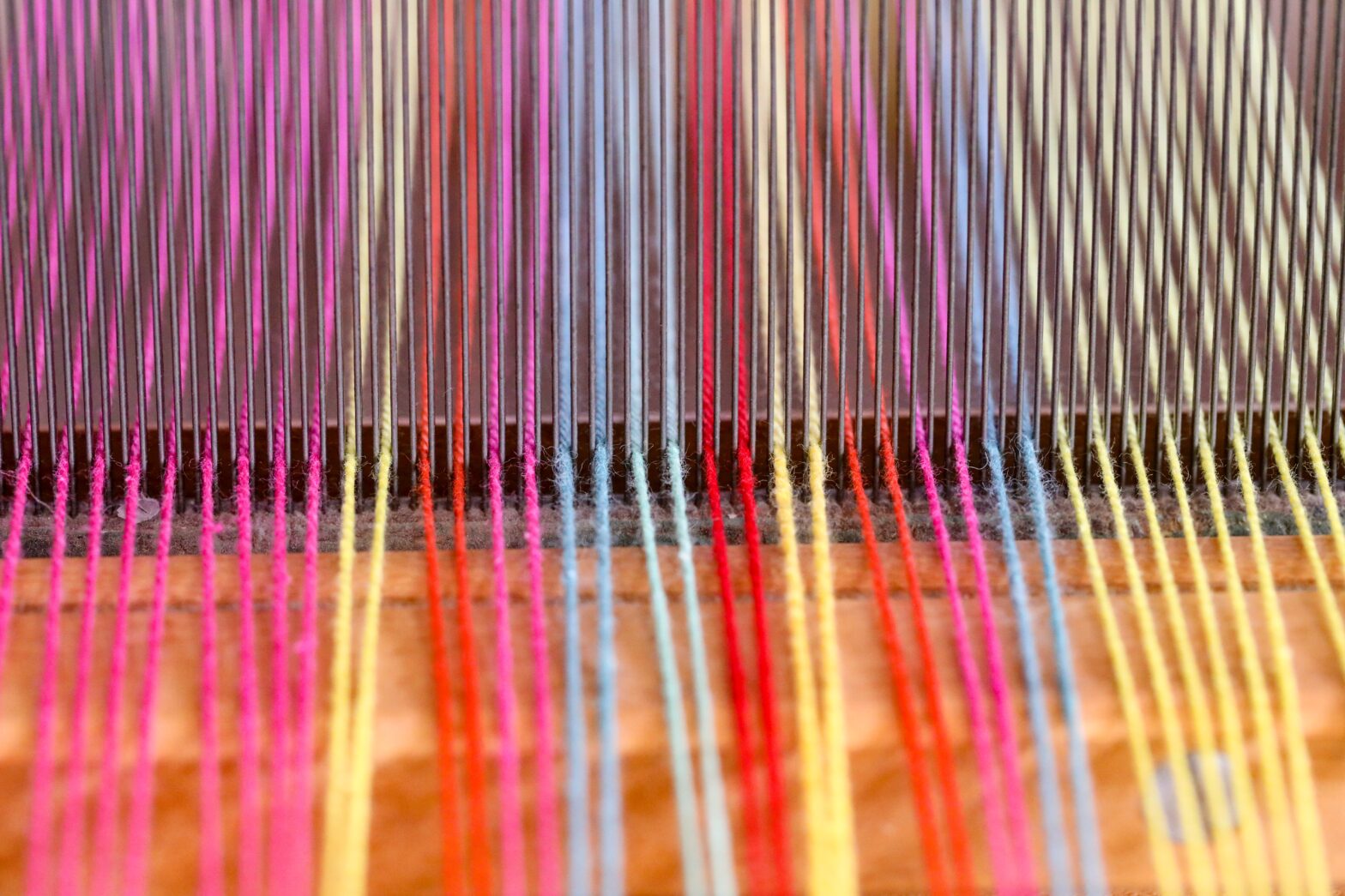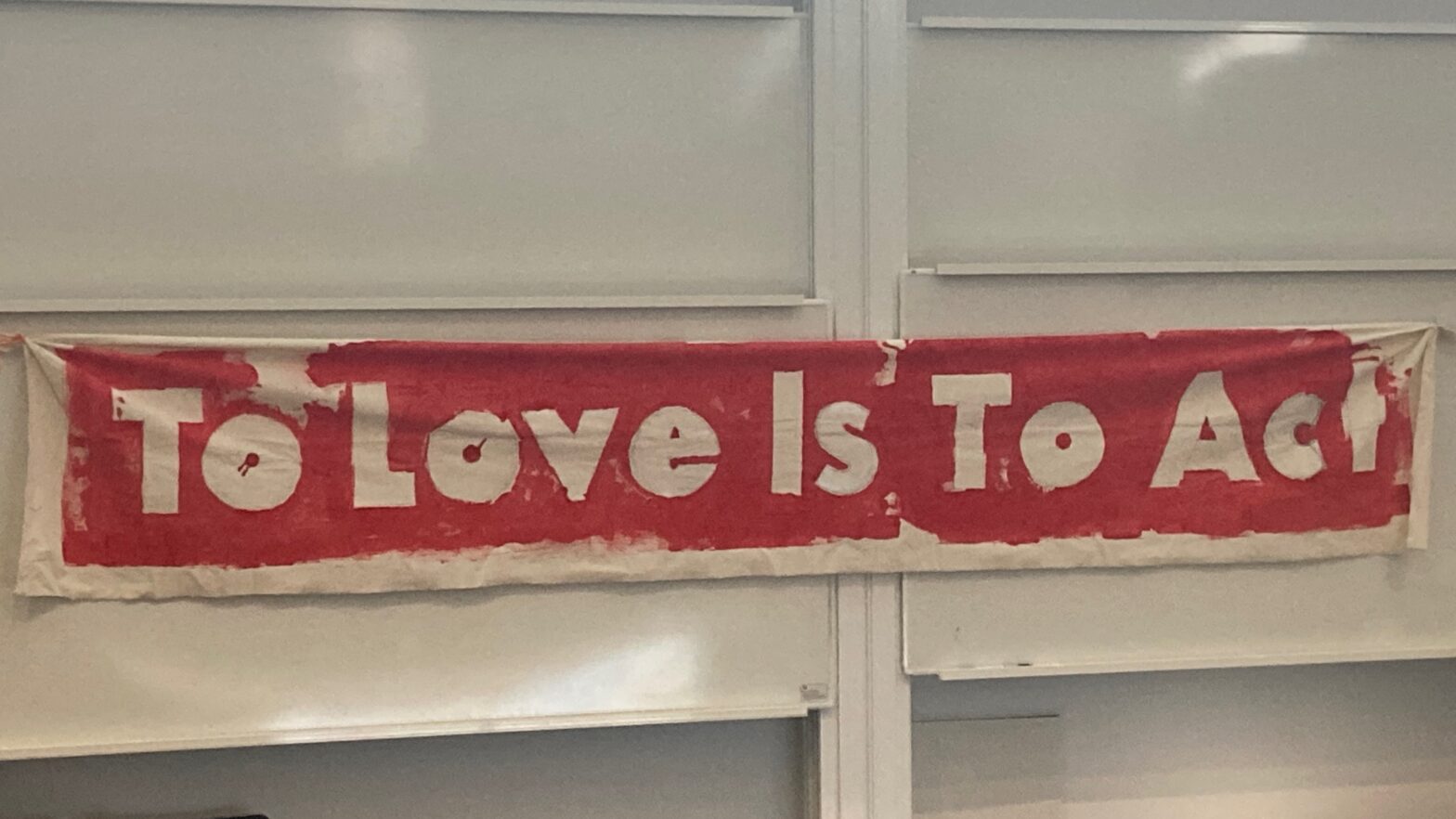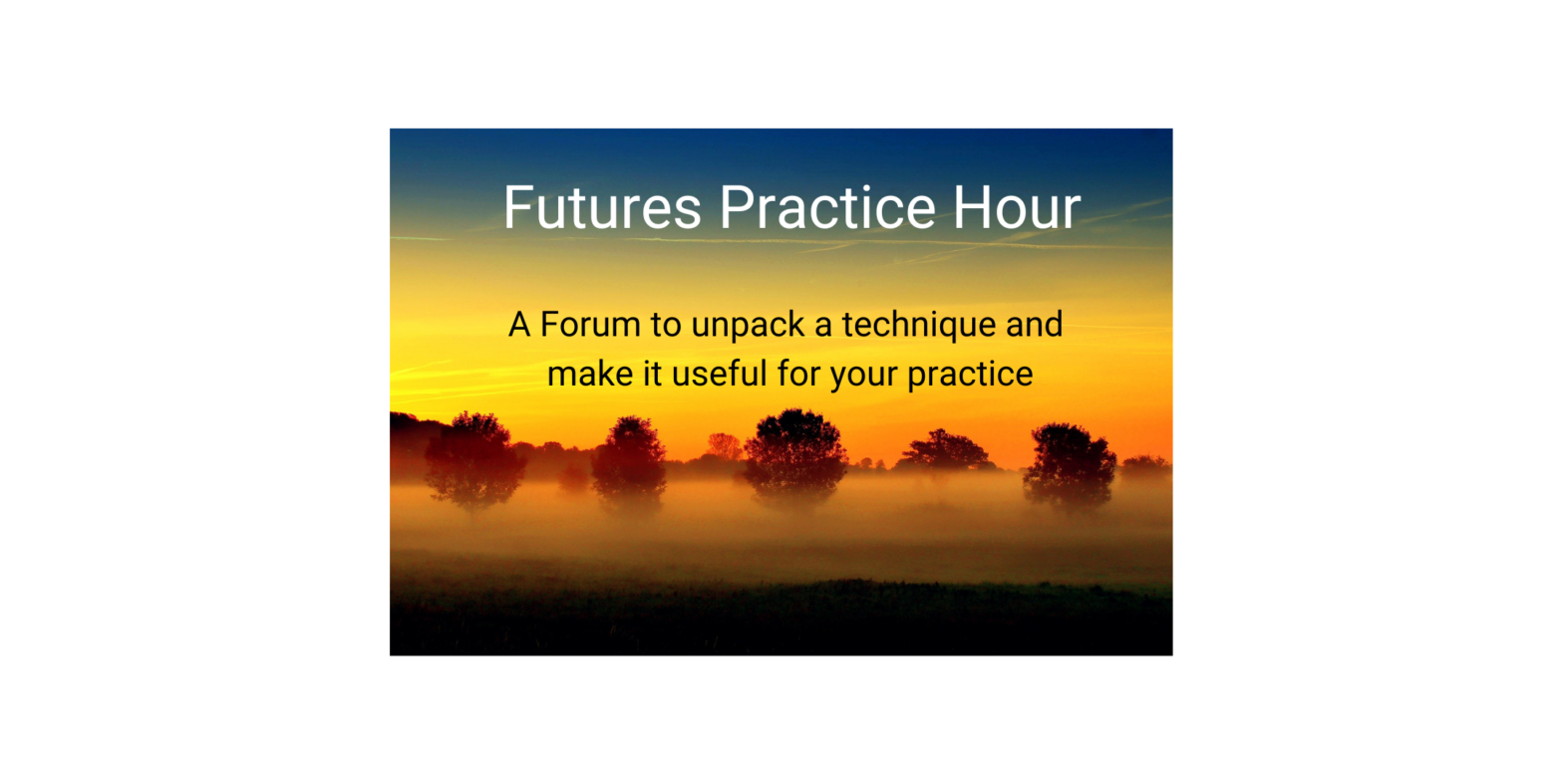Journal oF Futures Studies peer-reviewed essay on forces shaping sustainability policy-making, and what we can do about them.
Journal of Futures Studies essay: sustainability policy-making


Journal oF Futures Studies peer-reviewed essay on forces shaping sustainability policy-making, and what we can do about them.

Aside from representation, what does inclusion matter for science? For the knowledge in others? For how we include different ways of knowing?

Join me for this playful talk about opening up organisations to meaningful change. Six good questions. Tuesday 18 March. Zoom

What’s going on in partnership working when we feel hesitant? How might radical kindness help?

What if our creative practices get in the way of purposeful social change? What if we’re – unintentionally – ‘othering’ the future? What if our belief in the power of future action, gets in the way of change today? How can we change our practice to be better in the light of this evidence.

We think of stranded assets as locked in oil and gas commodities. But what if we think about our own assets that are locked in. How can we reclaim them?

Prof Amy Edmondson gave a talk about intelligent failure at the RSA on 26 September. Why we need to pay attention more and be curious. Lessons for our ‘future for work’.

Thinking about the future can be either so scary or seem so futile that we don’t ever do it in meaningful ways. When we look at the world around us, we assume we don’t have the power for change.
Futures tools don’t take these dilemmas away. But they offer us ways of working constructively with them.

Co-production remains on the margins, not because we don’t care enough. Our policy systems don’t require it. But co-production is the natural state in which networks thrive, and healthcare can’t be fixed by hospitals and social care on their own.

Looking out for stories about how we connect, how we consume and how we destroy as part of our Futures workshop series. 3 stories piqued my interest this month.